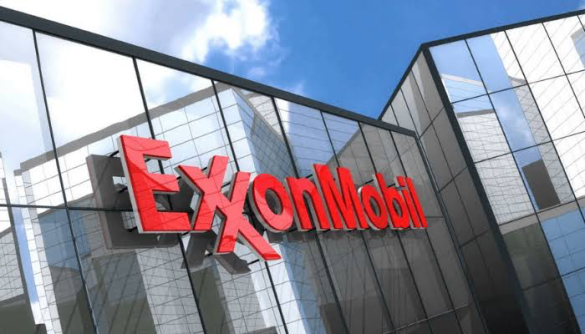KEY POINTS
- ExxonMobil may sign a conditional offshore gas deal in Libya, marking a return after a 10-year absence.
- The U.S. Embassy says the deal follows a visit by Trump advisor Masad Boulos to Tripoli.
- Exxon’s move could signal renewed Western interest in Libya’s offshore energy potential.
ExxonMobil is preparing to ink a conditional deal for offshore gas exploration in Libya, according to a statement by the U.S.
Embassy in Tripoli—potentially signaling the American energy giant’s long-awaited return to a country it pulled out of over a decade ago.
The embassy disclosed the development in a brief note following a visit to Tripoli last week by Masad Boulos, U.S. President Donald Trump’s advisor on African affairs.
While specifics remain scarce, the embassy said ExxonMobil is expected to sign “a conditional agreement to explore offshore acreage in Libyan waters.”
If the deal is finalized, it would mark Exxon’s first major move in Libya since it exited the North African nation in the wake of spiraling security concerns following the 2011 ouster of Colonel Muammar Gaddafi. By 2013, the company had shuttered its local operations.
At the time, a spokesperson told Reuters that “the security and business situation means we can no longer justify maintaining a large office presence in Libya.”
Potential return of U.S. investment to a turbulent oil frontier
Libya, home to Africa’s largest proven oil reserves, has struggled to maintain energy sector stability amid years of civil unrest, political divisions, and erratic production levels.
A successful ExxonMobil re-entry could be seen as a vote of confidence in Libya’s energy potential—particularly in offshore assets that have remained largely untapped due to conflict and underinvestment.
The timing of the announcement also underscores Washington’s efforts to counterbalance growing Russian and Turkish influence in the region, and to reassert American economic interests in Africa’s energy-rich corridors.
While neither ExxonMobil nor Libyan authorities have publicly commented on the prospective deal, industry observers suggest the conditional nature of the agreement implies remaining hurdles, such as regulatory approvals, security assurances, and technical assessments.
Analysts say Exxon’s potential return could bring renewed attention from other Western majors, many of whom have adopted a wait-and-see stance on Libya due to its unstable landscape.
Offshore acreage, particularly in deepwater zones along Libya’s Mediterranean coast, is seen as promising but logistically complex and politically risky.
Energy News Africa reports that the last few years have seen limited exploration activity in Libya, with most operators focusing on maintaining existing onshore assets. A successful offshore play by Exxon could alter that trajectory and trigger a fresh wave of foreign interest.



